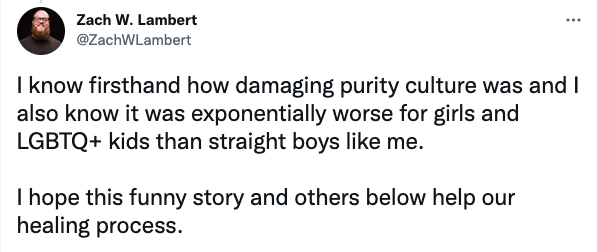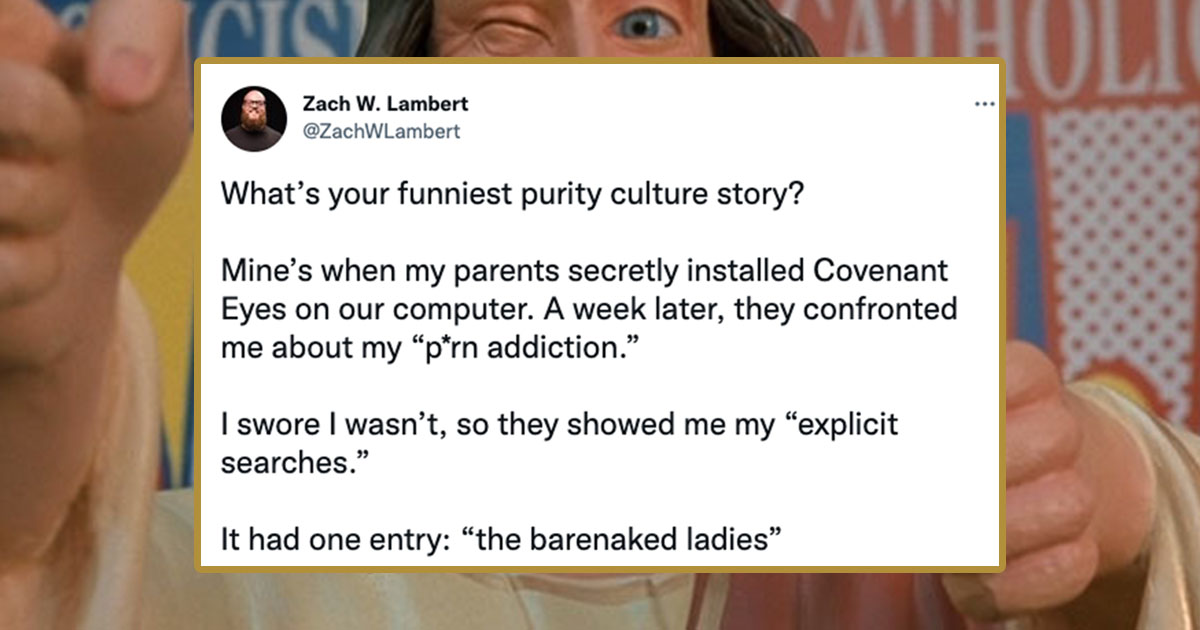People Are Sharing Their Most Ricidulous “Purity Culture” Stories After A Pastor Went Viral With His
If you grew up in a religious household, you might be familiar with “purity culture.”
That was an evangelical movement in the 1990s and 2000s that promoted staying a virgin until marriage. (Remember “purity rings” that some kids wore? That’s purity culture.)
Texas pastor Zach Lambert (@ZachWLambert) shared a funny story about his own experiences growing up in purity culture, and it quickly went viral.
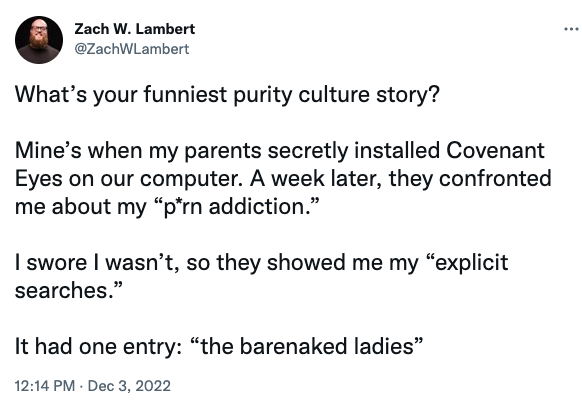
In fairness to his parents, that search DOES look a little incriminating. Unless you listened to the radio at all.
Lots of others chimed in with their own experiences of parents who thought they’d busted their kids searching for something dirty. Others had funny tales of search filters that got hung up on the wrong words.
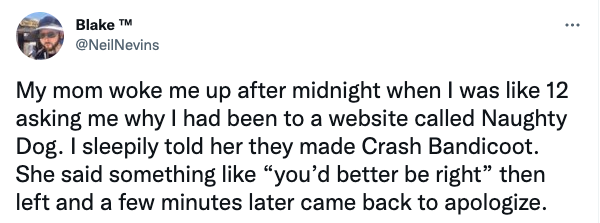
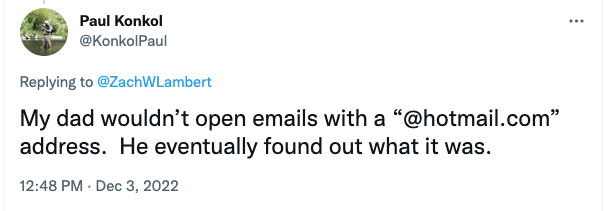
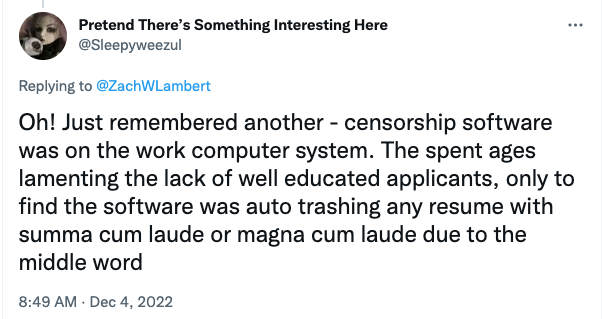
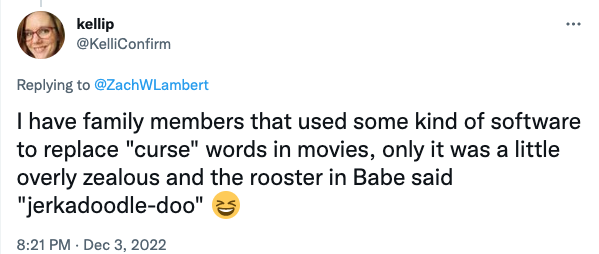
Others had stories that were just plain weird (or hilarious).
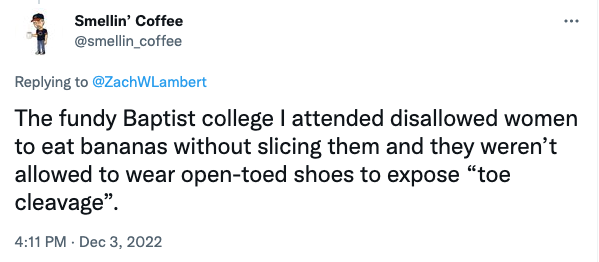
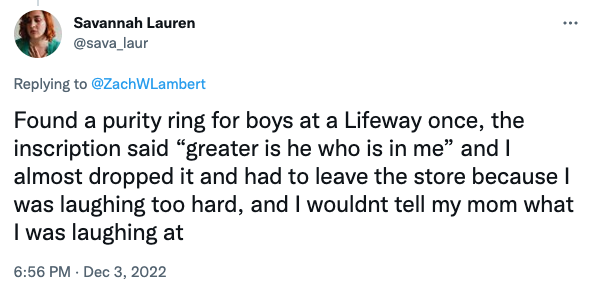
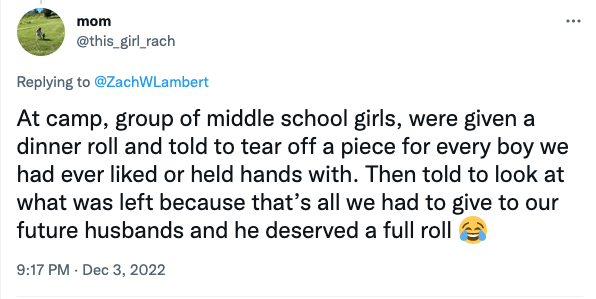
And while these stories are undoubtedly funny, the reality is that purity culture wasn’t a lot of fun for a bunch of evangelical teens.
Linda Kay Klein wrote a book about the movement and collected stories from dozens of friends who were involved in it.
She told The Christian Post: “I heard about sexual and gender-based shame, fear, anxiety, and experiences stemming from their shame that mimicked Post-Traumatic-Stress-Disorder, such as nightmares, panic attacks, and paranoia.”
She added: “Several of my interviewees told me their shame was also creating deep problems in their marriages, particularly in their marriage beds.”
The worst part about the purity culture movement was its reliance on shame, Klein said.
“It can lead to emotional isolation which can develop into dangerous levels of hopelessness, desperation, subsequent self-harm, and much more,” she said.
Lambert is a pastor at Restore Austin, a progressive church that describes itself as a place “where anyone has a seat at the table.”
In a follow-up tweet, he said that he hopes the funny stories shared can “help our healing process.”
